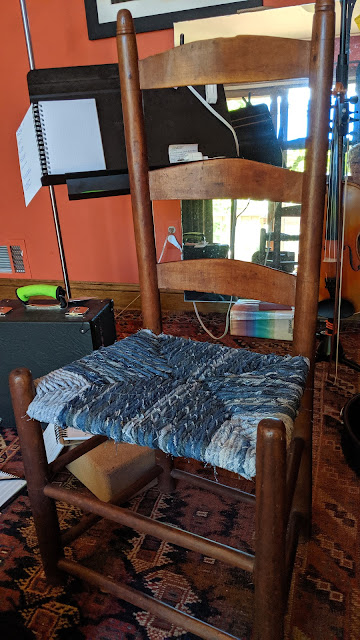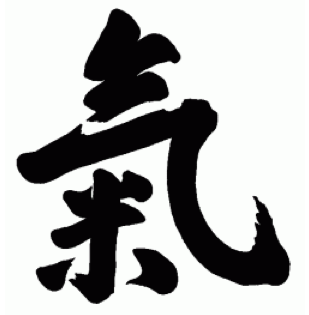Frequently Asked Questions in Aikido
At dinner after the seminar I taught in New York this weekend, the subject came up as it often does: What's the best way to respond when working with someone who you think is doing a technique wrong?
In answering this, there are several considerations:
In answering this, there are several considerations:
- Is the person doing something dangerous, or are they hurting you?
- Is this person of a higher, lower, or equal rank to you?
- Do you want to demonstrate your knowledge, or do you sincerely want to learn?
Second: rank makes a difference in how you discuss whether a technique is "wrong." Most of the time when people ask this question they are contemplating "correcting" someone of higher rank, so we can assume that's the case.
Third: I always keep in mind something Cecelia Ricciotti has said: you have to decide if you want to be a student or a teacher, because in this situation you can't be both.
Unless I am the designated instructor of a class, my goal is to learn. I am an aikido sponge. I have learned from all kinds of people: large, small, young, old, stiff, athletic, difficult, friendly. Every time I work with a partner, my goal is to come away having learned something. If a higher-ranking partner is open to learning, the spirit is much more fun: we learn together, without either of us assuming the role of teacher.
Consider this: if you believe someone is "doing a technique wrong," why do you feel that you need to correct them? Do you feel a need for them to acknowledge your ability? What does that say about you? Is it possible to let people take responsibility for their own learning? Would it be so terrible if they continue to do it "wrong"?
When I work with a partner who is focused on demonstrating his or her knowledge, it's hard not to form a negative impression of that person. I still work to learn from them, but maybe not what they think they are "teaching" me! I am saddened that they seem to be wasting their time on the mat. There is so much to learn in Kokikai! We are all so fortunate to be Sensei's students, and that's a much more productive focus for our practice.



Comments
Post a Comment